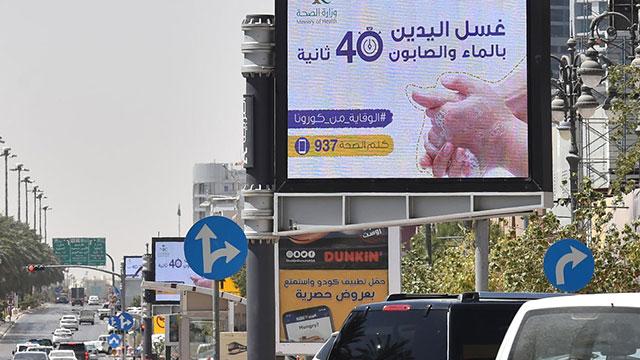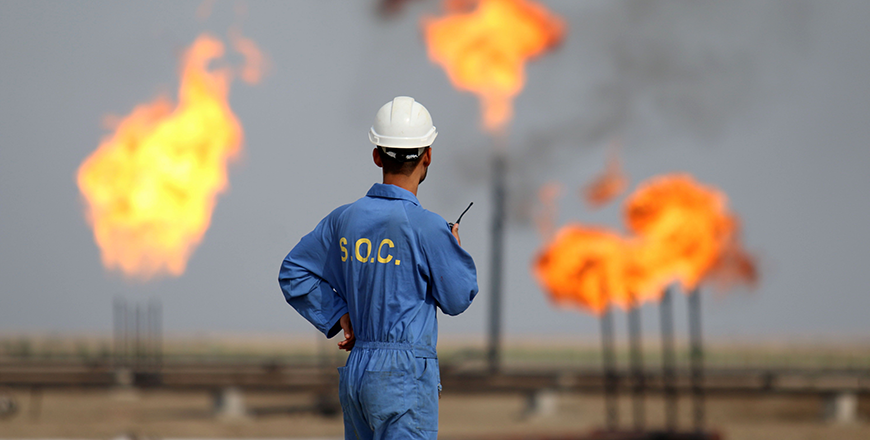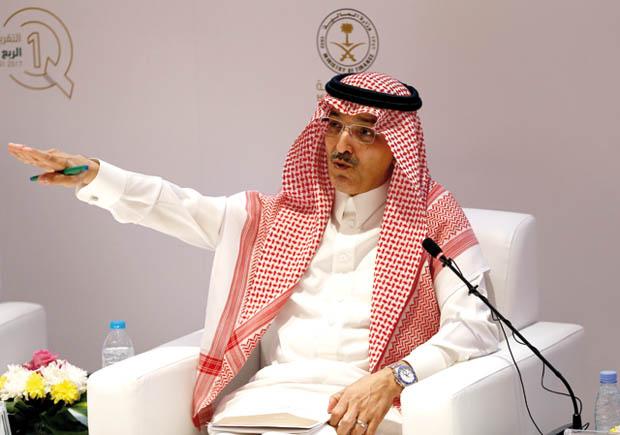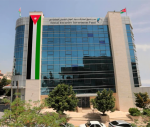You are here
Saudi Arabia to increase VAT to 15%
By AFP - May 11,2020 - Last updated at May 11,2020

Saudi Arabia plans to raise its value added tax to 15 per cent from 5 per cent, as of July 1 (AFP photo)
RIYADH — Saudi Arabia unveiled plans on Monday to triple its Value Added Tax (VAT) and halt monthly handouts to citizens, as part of a series of austerity measures, amid record low oil prices and a coronavirus-led economic slump.
The measures, which state media said would boost state coffers by 100 billion riyals ($26.6 billion), come as the government steps up emergency plans to slash spending to deal with the twin economic blow.
The austerity drive comes amid an already high cost of living.
"It has been decided the cost of living allowance will be halted from June 2020 and VAT will be raised from 5 per cent to 15 per cent from July 1," Finance Minister Mohammed Al-Jadaan said in a statement released by the official Saudi Press Agency.
Jadaan said the measures were necessary to shore up state finances amid a "sharp decline" in oil revenue as the coronavirus pandemic saps global demand for crude.
The government was also "cancelling, extending or postponing" expenditure for some government agencies and cutting spending on projects introduced as part of the ambitious "Vision 2030" reform programme to diversify the oil-reliant economy, the minister added.
Jadaan last week warned of "painful" and "drastic" steps to deal with the double shock of the novel coronavirus and record low oil prices.
Saudi Arabia, the top crude exporter and the Arab world's biggest economy, has shut down cinemas and restaurants, halted flights, and suspended the year-round umrah pilgrimage in a bid to contain the deadly virus.
Saudi Arabia, along with other Gulf states, imposed a five per cent tax on goods and services in 2018 in a bid to generate additional revenue.
The country had also introduced handouts worth billions of dollars to citizens, known as the cost of living allowance, to cushion the impact of rising costs.
But the savings from the austerity measures are unlikely to plug the kingdom's huge budget deficit, which the Saudi Jadwa Investment group said would rise to a record $112 billion this year.
Riyadh has posted a budget deficit every year since the last oil price rout in 2014.
In April, the International Monetary Fund projected that the Saudi economy would contract by 2.3 per cent this year.
Jadaan has said he expected Riyadh could lose half of its oil income, which contributes about 70 per cent of public revenues, as oil prices have fallen two-thirds since the start of the year.
He said the world's leading crude exporter would borrow close to $60 billion this year to plug the budget deficit.
Related Articles
DUBAI — Saudi shares plunged on Sunday, a day after the finance minister announced "painful" measures to tackle the economic impacts of the
BAGHDAD — As crude prices plunge, Iraq's oil sector is facing a triple threat that has slashed revenues, risks denting production and
RIYADH — Saudi Arabia’s budget deficit dropped by 71 per cent in the first quarter of the year, the government said on Thursday, after spend

















